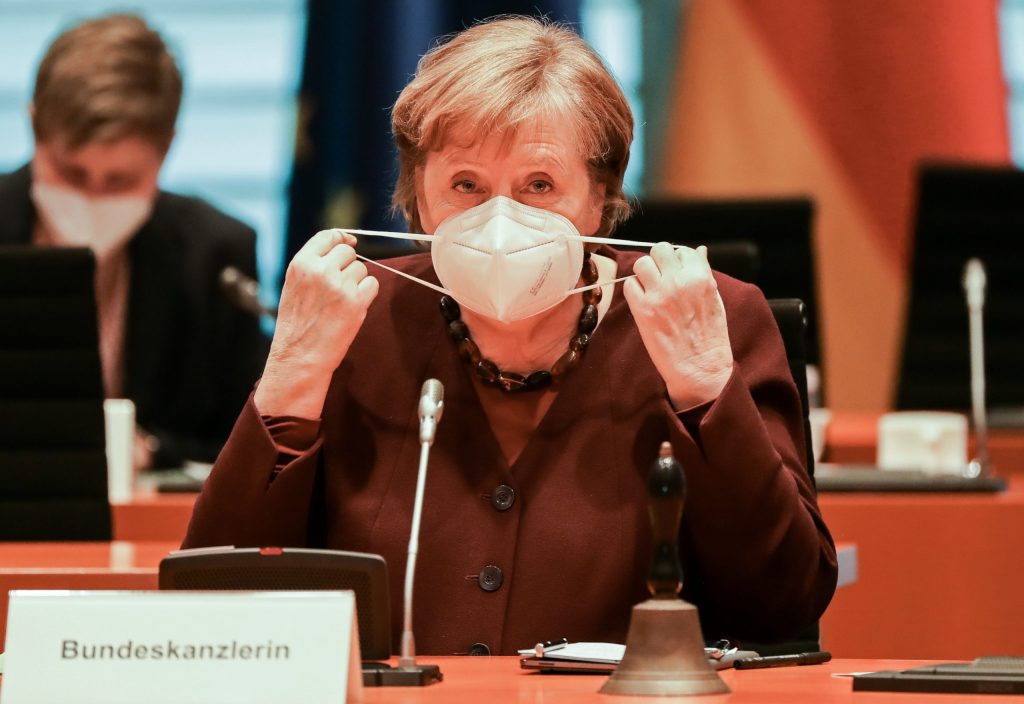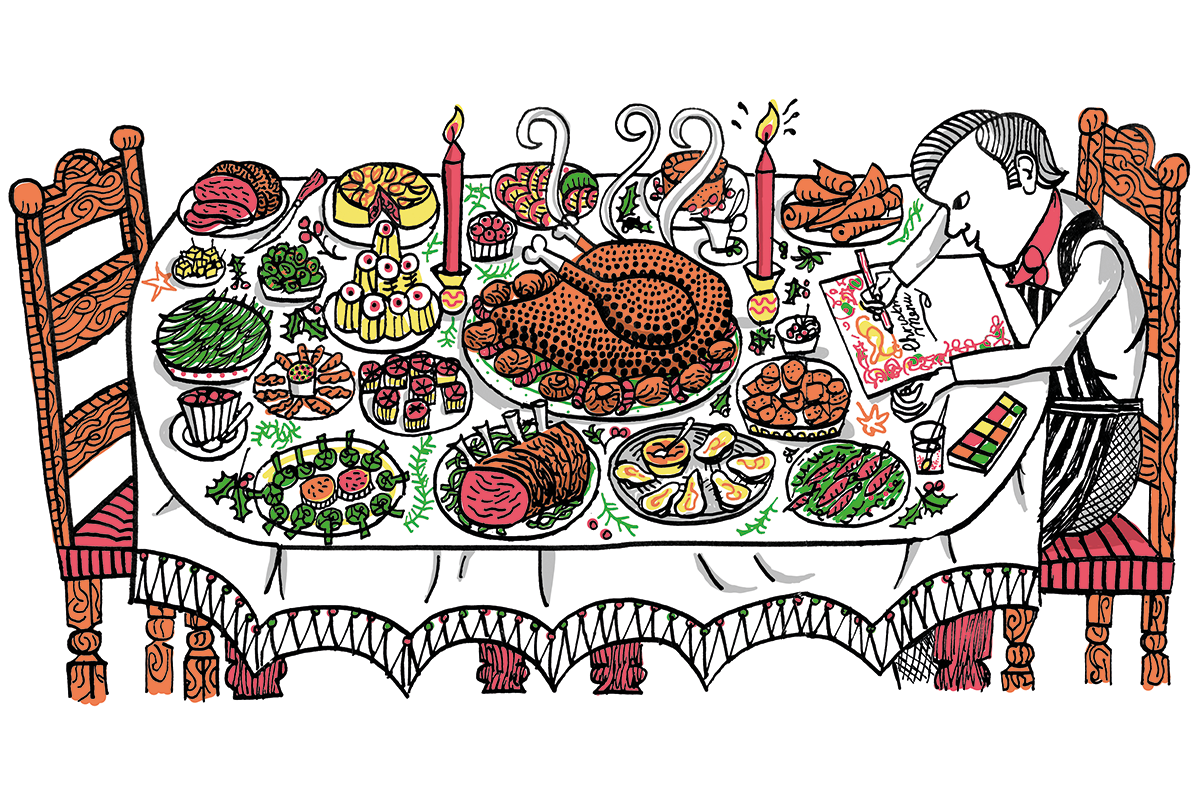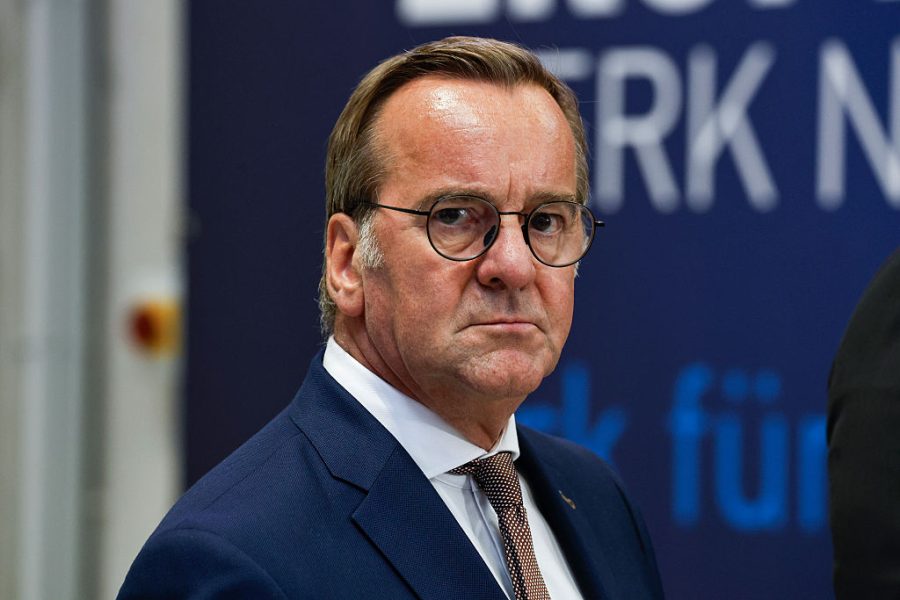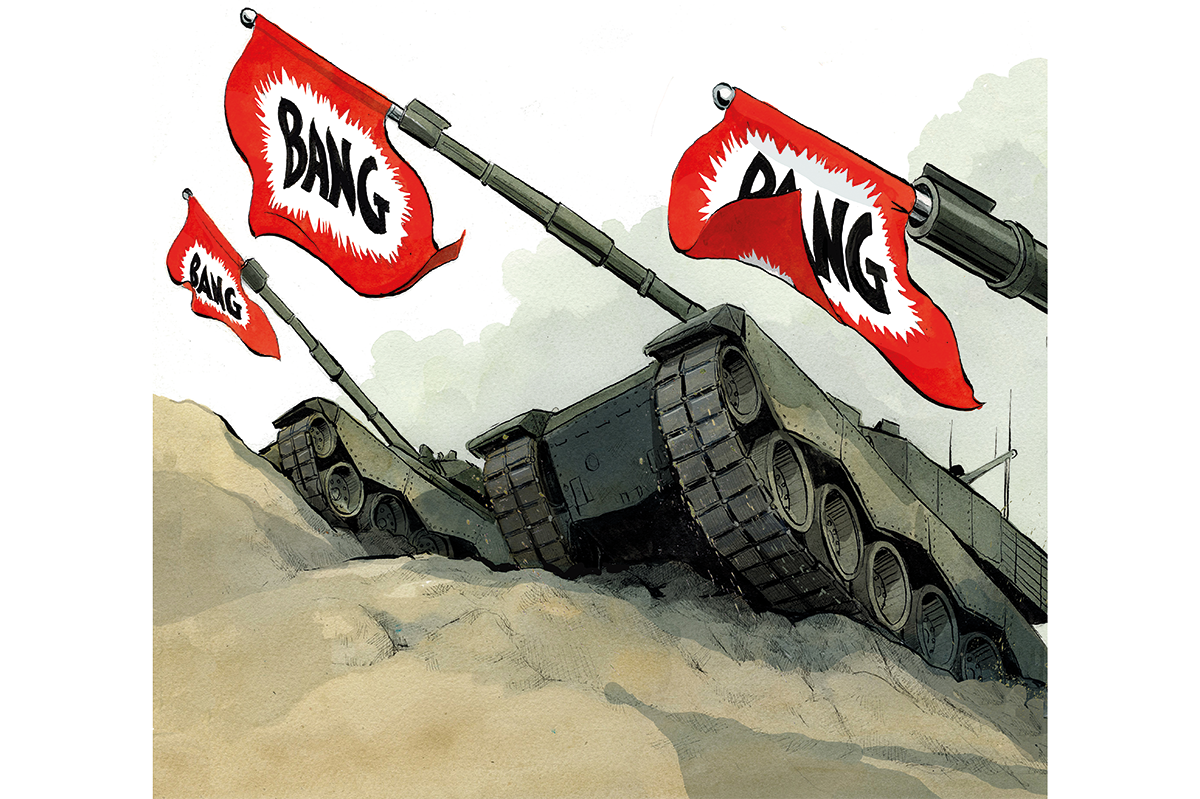In Germany, masks have been one of the least controversial elements of this pandemic. Most people have accepted that they have to be worn in the supermarket or on public transportation. But now these items of PPE are at the center of a full-throttle political scandal that risks badly damaging Angela Merkel’s Christian Democrats in this important election year.
The Christian Democrats Georg Nüßlein and Nikolas Löbel are accused of profiting from government deals to purchase face masks. Löbel is alleged to have received €250,000 ($300,000) in payments as part of a state purchase of masks, while Nüßlein is accused of making €660,000 ($800,000) through a consultancy firm. Both politicians have denied the allegations but have announced that they will step down as members of parliament, while Munich’s attorney general has begun an investigation into Nüßlein.
The entire affair has launched a widespread debate over whether the party has a particular problem with lobbying and cronyism. Analyses have shown that parliamentarians from the Christian Democrats and Christian Social Union, its Bavarian sister party, have earned about €14.5 million ($17.2 million) in additional earnings since 2017 — more than parliamentarians from the other five parties combined.
It is not the first time during this pandemic that prominent conservatives have faced accusations of cronyism as well. Health minister Jens Spahn and his husband Daniel Funke came under fire in 2020 after they bought expansive real estate and a luxurious villa worth €4.2 million ($5 million). Questions were raised about how the couple could afford the property, since Spahn earns ‘only’ €19,800 ($23,600) a month. It has since been revealed that the seller of one apartment was Markus Leyck Dieken — who Spahn coincidentally appointed as the chief executive of Gematik, a publicly-owned health company.
Opposition parties like the Greens are now trying to discredit the conservatives to make ground in the polls. Left and right-wing populists are attempting to use the affair to discredit the entire political elite in Berlin. Merkel’s alliance looked comfortably dominant a few months ago but the CDU/CSU have now slid down to 30 percent in the national polls. All of a sudden, the general election in September could become a close affair. Der Spiegel has also reported that there might be more conservative parliamentarians involved in the ‘mask affair’.
Before Merkel took over the party in 2000, Wolfgang Schäuble had to resign as chairman due to the growing pressure about a political donations scandal involving the arms dealer Karlheinz Schreiber. The first years of Helmut Kohl’s chancellorship in the 80s were also marked by a string of damaging revelations about the party’s higher-ups. Merkel strived to make sure that the image of the Christian Democrats changed after her election. As controversial as some of her decisions might have been, she has never given off the air of being a corrupt politician. But as she is about to leave office, her party risks sliding back into a morass of corruption and bribery accusations.
This article was originally published on The Spectator’s UK website.

























